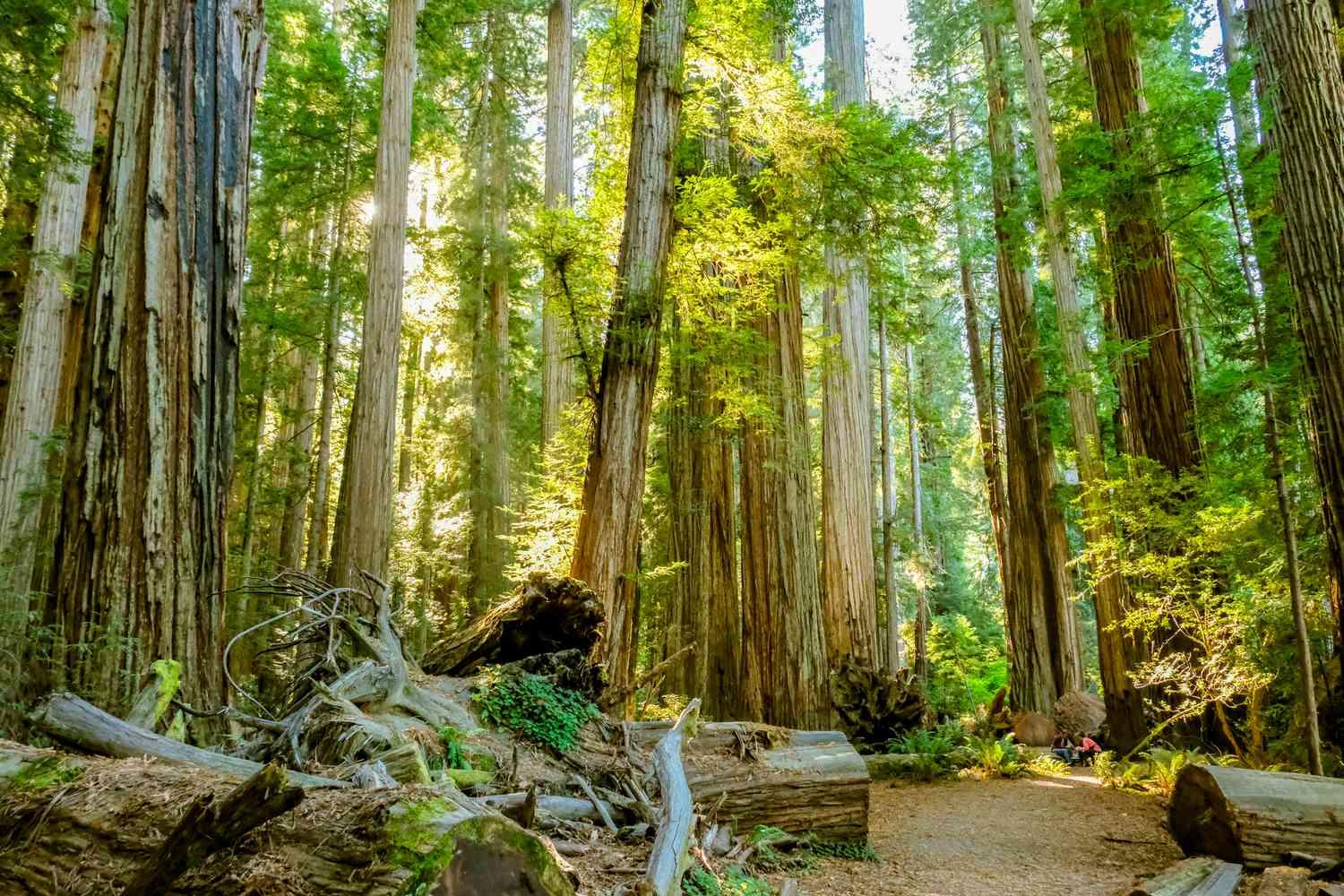

Tridib Chakraborty
Troy High SchoolClass of 2026Troy, MI
About
Hello! My name is Tridib. I'm a junior at the University of Michigan. I am majoring in Biochemistry, but I love to work with the Environment. I just got accepted into medical school, and I am really looking forward to the next four years. A fun fact about me is that every summer I travel to my friend's farm in rural upstate New York and help harvest the wheat and crops using a combine! Always great to explore what the world has to offer!Projects
- California in Flames : A Literature Review on the Causes and Effects of Wildfires with mentor Jordana (May 16, 2022)
Project Portfolio
California in Flames : A Literature Review on the Causes and Effects of Wildfires
Started Sept. 30, 2021

Abstract or project description
Throughout the hot and arid months, ( May - September) anthropogenic impacts are causing wildfires to spread immensely in California and are inflicting devastating damage on the surrounding environment. Normally, naturally occurring fires are one of the best things that could help stabilize forest ecosystems. However, human impacts on the environment, ranging from increased fossil fuel consumption to growing logging industries have caused wildfires to spiral out of control. When the natural biosphere gets thrown out of balance, mass death and loss of biodiversity follow. This decrease in biodiversity could cascade into the extinction of thousands of flora and fauna species across the West Coast. With the world's population increasing and more stress being put on natural resources, there is a growing fear that humans will eventually destroy the ancient forest biomes if no steps are taken to end the aforementioned phenomena. Currently, the techniques used to help control wildfires are not enough to stop them from causing massive damage to California’s biosphere. Messy cleanups after logging operations and other careless human behavior are still the biggest reasons behind preventable wildfires. If the climate crisis and other human activities are not addressed immediately, the state could lose its most species-rich areas forever.